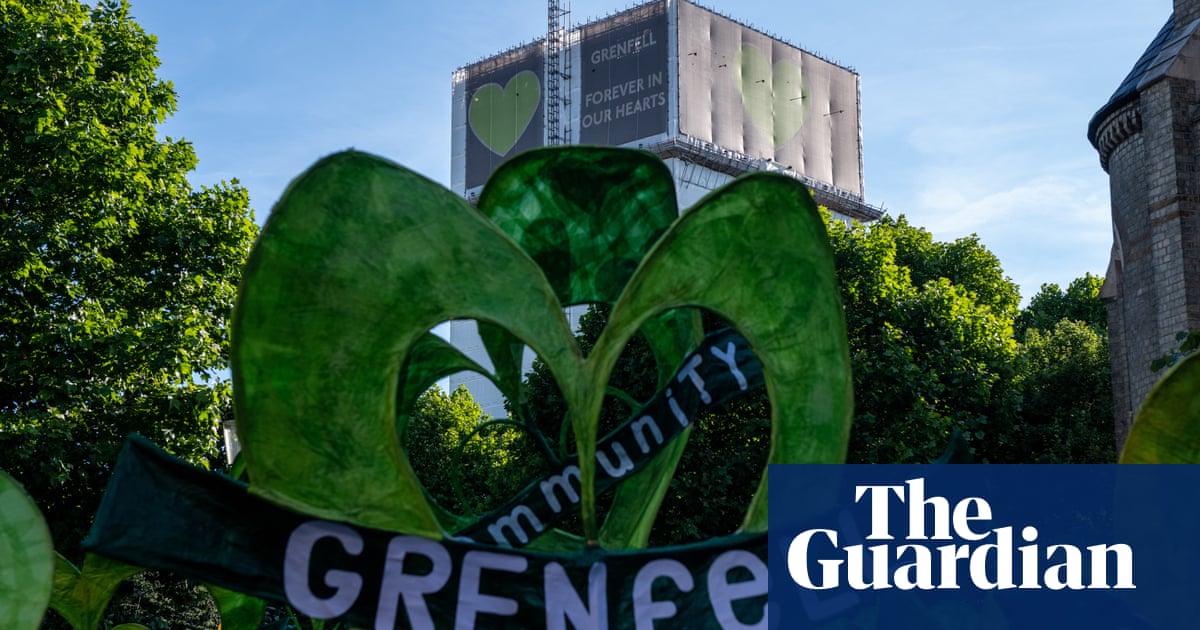
US shareholders in the Grenfell Tower cladding firm Arconic can proceed with a lawsuit against the company, a court has ruled, after witnesses said managers knew the cladding performed badly in fire safety tests but was being used on high-rise buildings anyway.
A group of US investors say they incurred financial losses when Arconic’s Reynobond PE cladding was implicated in the Grenfell fire in 2017, which left 72 people dead.
Their claim, which Arconic said was “meritless”, hinges on whether the company knew the cladding could be dangerous and should have warned investors of the risk involved in selling it.
A US judge ruled that the claim can proceed after the shareholders put forward testimony from two anonymous former Arconic employees, who say managers at its French subsidiary knew of the risks.
The plaintiffs also point to an expert report, submitted to the Grenfell Tower inquiry in the UK, which found that the safety rating of the cladding had been downgraded.
One confidential witness said Claude Wehrle and Claude Schmidt, senior members of staff at the French outpost where Arconic’s cladding was manufactured, were aware of the cladding’s poor performance in safety tests.
A second witness said Schmidt “knew that the downgraded Reynobond PE panels were regularly being sold for use in high-rises”.
Wehrle has refused to give evidence to the Grenfell inquiry. Schmidt told the inquiry that while fire test data was not concealed from building certifiers, its omission may have been a “misleading half truth”. He also said he was “practically sure” he had raised concerns with the US parent company.
During the legal battle with shareholders, Arconic has said it could not have known what the two men allegedly knew, arguing that they worked at a foreign subsidiary and did not hold senior positions in the company.
The court refused to dismiss the shareholders’ claim on these grounds.
According to the ruling, in the district court for Western Pennsylvania, Arconic also argues that the men did not know the use of Reynobond PE was inappropriate because that depended on the overall cladding system, not just aluminium panels.
The court found that this argument failed, finding that the claim “supports a strong inference that [an Arconic manager] not only knew that Arconic was regularly selling Reynobond PE for use in high-rises, but also that he knew, or at least recklessly disregarded, that this ‘common practice’ was improper”.
The plaintiffs are making a financial claim against Arconic for their losses, although the value of the claim is yet to be determined.
While the judge dismissed several of the claims, including those made against individual senior managers at the company, it allowed two to proceed.
The claims that will go ahead are under sections 10(b) and 11 of the US Securities Act, which cover misleading information given to shareholders and companies’ liability for them.
A spokesperson for Arconic said: “Arconic notes the Pennsylvania Western district court opinion from 23 June in the Howard v Arconic shareholders case, in which the court has dismissed many of the claims in the shareholders’ lawsuit.
“As to the remaining claims, we maintain they are also meritless and intend to prevail in court.”











